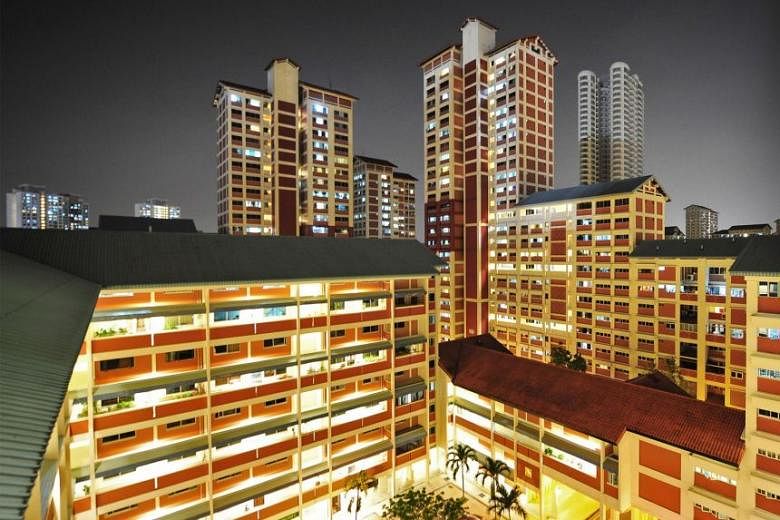SINGAPORE - The Republic is looking to develop its power generation capacity to ensure electricity supply remains reliable, with some power plants here near retirement and appetite for electricity set to grow in view of emerging sectors such as electric vehicles, data centres and agri-technology.
There is currently an overcapacity in the electricity market - a legacy of the investments made by private companies about a decade ago in anticipation of bullish demand that did not materialise.
Despite this, Singapore may need new power generation capacity from as early as 2025, depending on when plants are retired, said the Energy Market Authority (EMA) in response to queries from The Straits Times.
EMA added that it is studying multiple options to ensure Singapore's power system remains reliable, sustainable and affordable.
For instance, EMA called a tender earlier this month for consultancy services on the development of new fast-response generation capacity, which will serve as reserve capacity.
Fast-response generators can start up and supply electricity to the grid within 10 minutes, compared with conventional generators that take longer to start up.
Reserve generation capacity is necessary to cater for scheduled maintenance, repairs and outages of generating units.
An EMA spokesman said new generation units are required as current reserve generation units are ageing and will soon reach the end of their lifespan. The spokesman added that the current overcapacity situation will eventually be alleviated with demand rising.
Over the next decade, EMA projects that electricity demand could increase at a compound annual growth rate of between 2.5 and 3.1 per cent.
In comparison, electricity demand increased at a compounded annual growth rate of about 2 per cent per year over the last decade, from 2011 to last year.
Meanwhile, supply is set to take a hit, with the projected total electricity supply capacity at 10,280MW this year, a 1,650MW drop from last year's 11,930MW, due to generation companies' (gencos) refurbishment, mothball and retirement plans, EMA said last December.
Low electricity prices and the uncertain global economic climate due to the Covid-19 pandemic have led to weak investor sentiment in building new capacity, said the EMA spokesman last week.
Dr Victor Nian, a senior research fellow at the National University of Singapore's Energy Studies Institute, said one way to encourage investments in this area could be the introduction of a capacity market.
Under such a scheme, gencos are paid for capacity ahead of delivery, complementing the current energy-only market which pays them for the electricity they produce. "(This) can help mitigate price uncertainty and volatility by providing additional sources of revenue to producers," said Dr Nian.
Second Minister for Trade and Industry Tan See Leng told Parliament this month that as overcapacity normalises, electricity prices, which are currently below cost, will inevitably rise.
Experts said that the degree of the eventual price hike depends on multiple factors.
Dr Nian said there are numerous uncertainties. For instance, prices of natural gas - the fossil fuel that Singapore mainly uses for electricity generation - are volatile.
He added that while demand will increase, how fast and by how much it will increase is difficult to predict.
As it looks at options to increase power capacity, EMA said it will also consider importing renewable energy due to Singapore's geography limiting the amount of renewable energy produced here.
Plans are in place to import up to 100MW from Malaysia in a two-year trial, while another 100MW may be imported under the Laos-Thailand-Malaysia-Singapore Power Integration Project.
Singapore is also ramping up its use of solar energy, with 2 gigawatt-peak (GWp) of solar energy set to be employed by 2030, of which 1.5 GWp will be rolled out by 2025.


